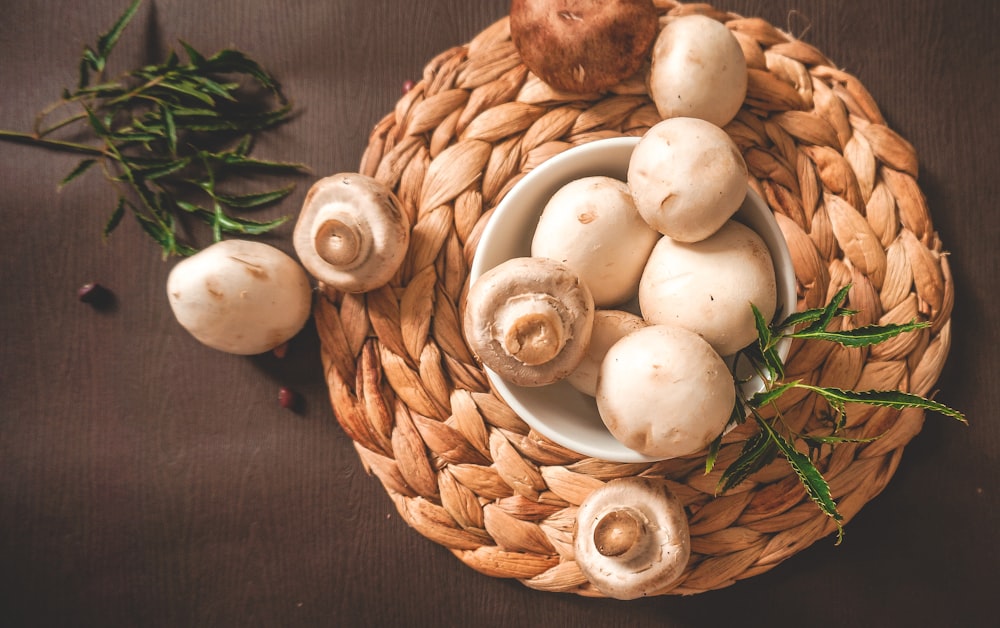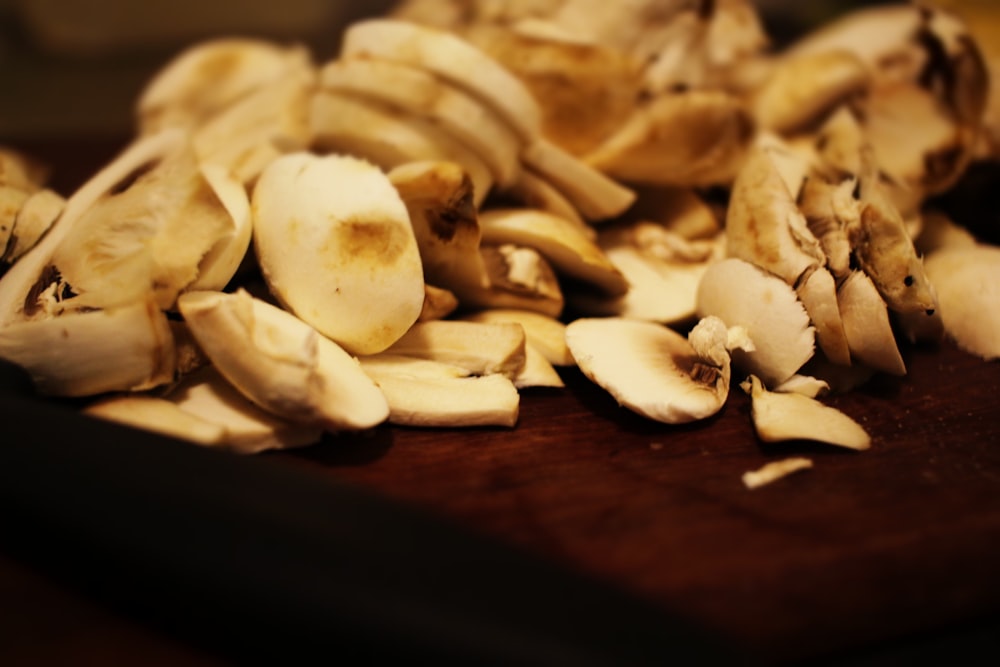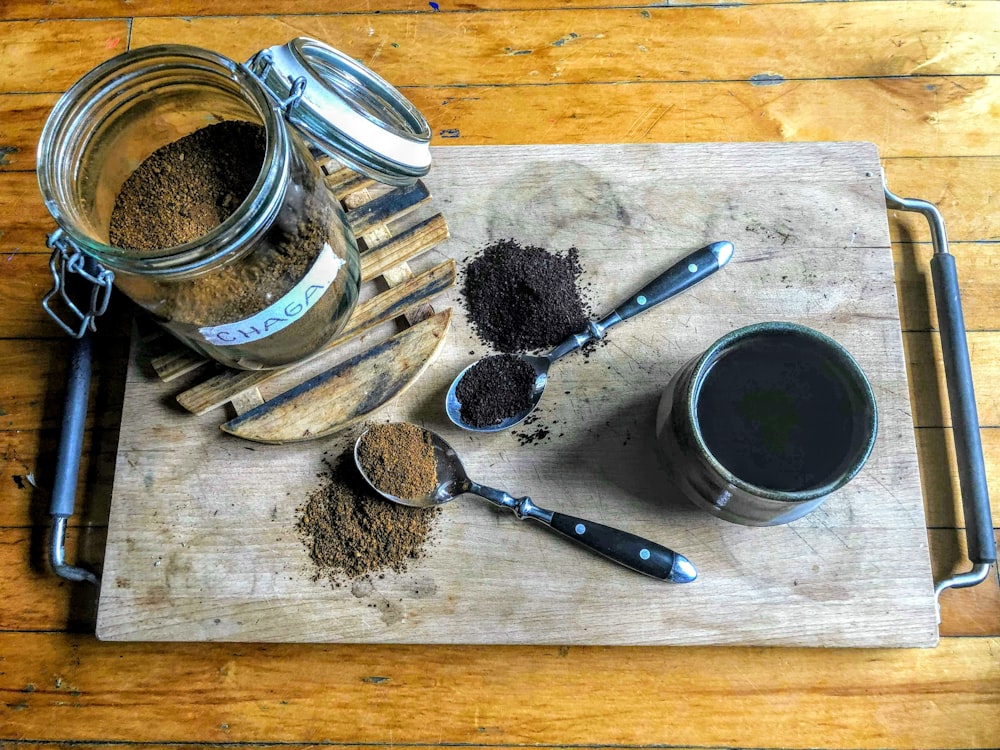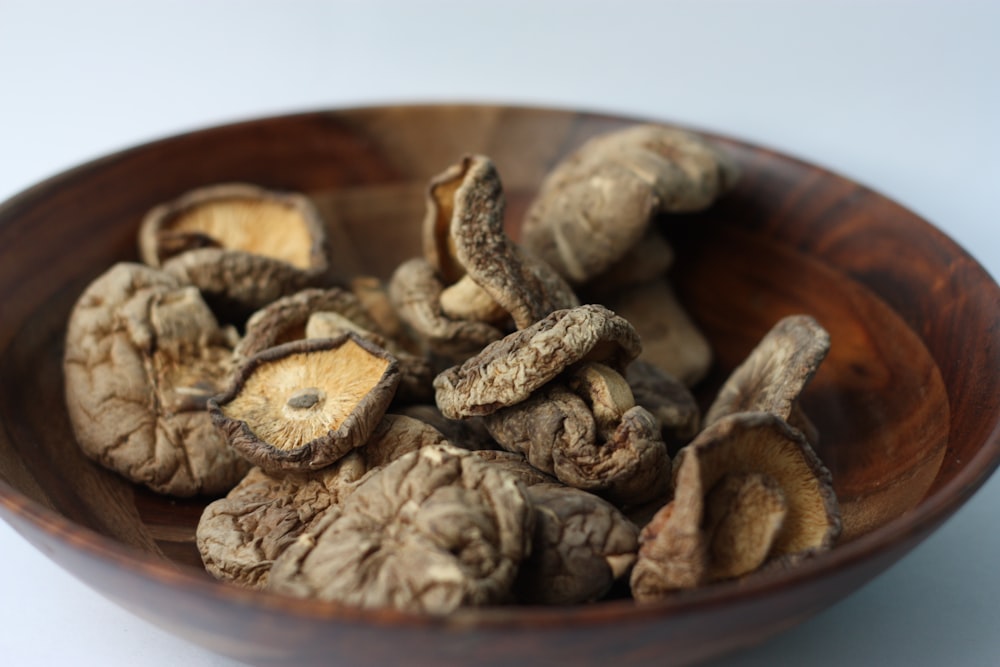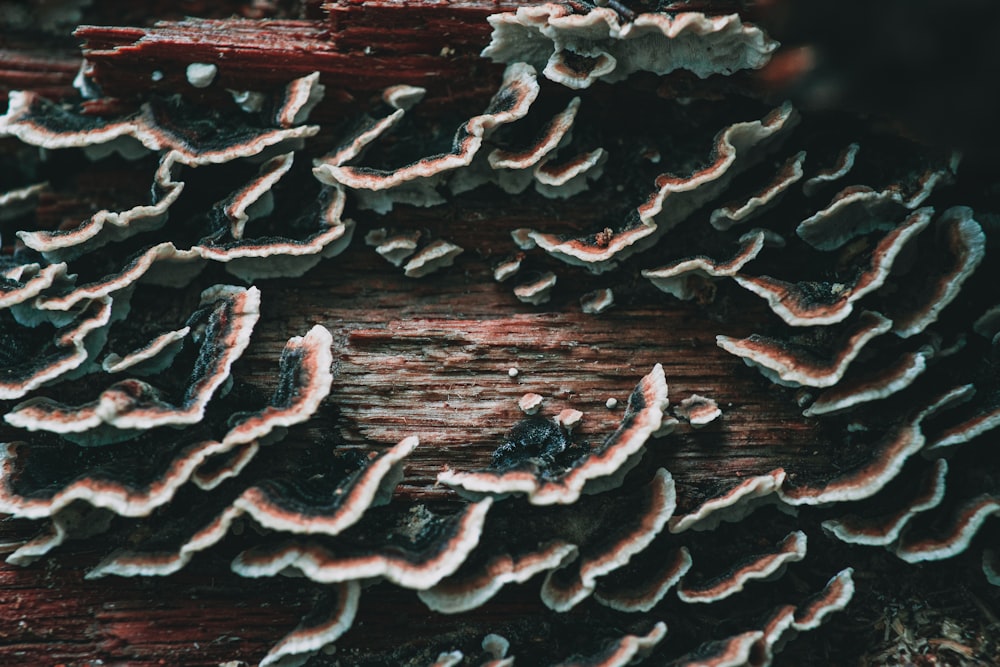Mushrooms for Immune Health

When we think of healthy and natural foods, mushrooms might be the last thing you would think of. Some would not even realize that they are healthy foods! Since mushrooms are classified as fungi, they are unfortunately overrated as fiends and are under appreciated as friends. Indeed, mushrooms need some serious reputation management! Unfortunately, not all people understand the health values of these fungi. Worse, fungi are overrated as a health risk. Well, we can’t blame the fact most people think this way. Fungi have been popularly regarded as the culprit for molds, spoiled foods, and other pathogens in our environment. Let’s not forget the occasional fungal infections like athlete’s foot and the like! Given all these, surely it can be hard to fathom that mushrooms for immune health can be possible.
But they are! Mushrooms do help in our immune system. And not only that, it has a lot more to show off. Apart from the gamut of health benefits that they provide, research proves that mushrooms play a significant role in boosting our immune health. In fact, for all we know, this could probably shed the people’s fear of fungus. For ages, mushrooms have done their part in the field of medicine; and yet, most people still think of them as dirty fungus. But now, through research and study, mushrooms are beginning to get attention. People are now starting to warm up with the idea that mushrooms are more than just fungi -- they pack a good amount of health benefits up to their sleeves.
What are mushrooms?
Who would’ve thought that a fungus can be eaten!
Fungi have many species. One of which holds the scientific name, Agaricus Bisporus, otherwise known as mushrooms. Let’s put it simply: A mushroom is an edible fungus. It is that fleshy fruiting body part of the fungus that bears spores. They are typically produced on soil, above the ground, or on its source of food.
Roughly speaking, there are about 50,000 species of mushrooms that have already been discovered. Unfortunately, we don’t know how many undiscovered species are there in the world.
Categories of mushrooms
Not all mushrooms for immune health are created equal. That is why it is important to differentiate one mushroom from the other. And being able to tell them apart may mean the difference between life or death as some species of mushrooms can be lethal. The trick is to take a closer look and scrutiny of an individual mushroom because there is no clear-cut and widely accepted procedure to do so due to the varying species of mushrooms out there.
Edible mushrooms
Edible mushrooms are the fruit bodies of certain macrofungi. When we talk of macrofungi, we refer to those that can be seen with the naked eye. They are usually fleshy and may appear below or above the ground where they get picked by hand. They are considered edible because of their pleasing aroma and taste. More importantly, they don’t contain any poisonous substance that is considered deadly for human consumption. These may include some species of puffball mushrooms, button mushrooms, creminis, and portobellos. They are best cooked in the frying pan, casseroles, or stews.
Since we have yet to discover other species of fungus, due care and caution should be used to determine whether certain types of mushrooms are edible or not. A taste test is usually the most common way to determine edibility- but of course, this applies to certain mushroom species, particularly the Russulas.
Inedible mushrooms
As the name suggests, it’s simply not edible. It particularly doesn’t taste well and may even taste horrible. Sometimes, it may be characterized by having a woody texture. While other species of inedible mushrooms contain some degree of nutritional benefits of mushrooms, it may not be worth the discomfort of experiencing its undesirable aroma and/or taste.
Inedible mushrooms would not particularly cause you illnesses but it would be hard to swallow. An example of this is the Chaga mushrooms.
Poisonous mushrooms
Poisonous mushrooms are the ones that we need to avoid because they can be deadly. It contains toxins that are built to protect itself from the dangers of wildlife. However, these substances can kill people. Wild mushrooms usually produce toxins in their systems- and these are the species that may be lethal for human consumption.
So yes, mushrooms are only but one of the many fungi species. And out of that tiny percentage, only a few of them are considered edible and are thus safe to eat. This is the scope of the vast category of mushrooms that particularly provide us with various health benefits.
Are mushrooms considered superfoods?
What makes a superfood? It is a food that is nutrient-dense. They are rich in compounds that are beneficial to our health. While there may be no scientific definition of what superfoods are, the term “superfood” has been developed on the internet and social media as that which offers a high level of nutrients that are essential to our bodies. Examples of superfoods are moringa, seaweeds, oats, barley, apples, bananas, and all that jazz. So if you’d notice, they are usually fruits or vegetables that we normally see in the groceries’ produce section.
Now, on the other hand, mushrooms for immune health are neither fruits nor vegetables. However, the health benefits of mushrooms are immense which makes them worthy to be called “superfoods”.
They are low in carbohydrates but high in fiber.
Mushrooms are rich in Vitamin B particularly niacin, pantothenic acid, and riboflavin. They are also rich in iron and selenium.
They are low in sodium and high in potassium.
We all know that bananas are good sources of potassium. But don’t you know that a mere 3 oz. of portobello cap has more potassium content than that of a banana?
Mushrooms contain ergothioneine.
Ergothioneine is a type of amino acid that contains antioxidant and cytoprotective capacities. This powerful micronutrient is commonly used as a medicine and has been known to provide therapeutic benefits of mushrooms against common human illnesses and conditions.
Mushrooms contain beta-glucans.
Beta-glucan is a form of prebiotic that acts like a fertilizer that stimulates the growth of healthy bacteria to better promote gut health. Besides, it also helps stimulate the proper function of the intestinal tract while preventing the risk of colon cancer. More importantly, beta-glucans increase the natural chemicals of the body that prevent the development of infections while stimulating the immune system.
Immune System: Explained
The body’s immune system is quite an incredible biological machine. If our body is a country, the immune system is its defense army that protects the country from invaders. It is made up of different chemicals, cells, and organs that are keen on fighting microbes, which is a kind of bacteria that can cause various diseases.
The main parts of an immune system that help in constantly fighting bad bacteria and infection off our bodies include the following:
1. White blood cells
White blood cells are called immunity cells that act as soldiers in warding off invaders or foreign bacteria or any objects that may cause diseases or infections. They are the ones that first respond to an “invader”.
2. Antibodies
Antibodies are secretions that are made into the mucosa and blood. These secretions are a special kind of protein that naturally binds to any invaders or any foreign substances known as antigens which may have escaped from the attacks of the white blood cells. After an antibody latches onto an antigen, it immediately removes them from the body.
3. Complement system
It is also known as a complacent cascade that, as its name suggests, complements or enhances the function of the antibodies .The complement system also boosts the function of the phagocytic cells to get rid of microbes.
4. Lymphatic system
Its main function is to manage the fluid levels in the body. The lymphatic system is composed of a network of tubes that help drain fluid, known as lymph, which may have leaked from the blood vessels into the tissues.
5. Spleen
The spleen also contains white blood cells that help in fighting infection. Its role is to also help fight germs that are found in the blood. It also acts as a filter system that removes damaged or old red blood cells from healthy ones.
6. Thymus
The thymus is a small gland that is considered vital not only for the body’s immune system but also for the endocrine system. It helps in taming T-lymphocytes so that it would help in fighting off infection. It has also been known to help ward off cancer.
7. Bone marrow
It is that spongy material located at the bone center which is responsible for manufacturing stem cells that are used in producing the blood cells. Bone marrow also helps in carrying oxygen to the various tissues in the body.
The immune system remembers every microbe that it has defeated and removed from the body. Thus, once a microbe enters a body that is of the same kind that was previously eliminated by the immune system, it recognizes such microbes and destroys them immediately before it can even enter our system.
Signs of a weakened immune system
There are a lot of conditions and disorders that may contribute to the weakening of the immune system. It is common to note that there are a lot of people who possess an overactive immune system or an underactive immune system. A weakened immune system may either be a state of being too overactive or underactive.
An underactive immune system is most commonly termed immunodeficiency. It is a condition that prevents the body from fighting diseases and infections. And because of that, a person may be more vulnerable to diseases and infections. Immunodeficiency may be caused by genes, medical treatment, or another disease such as HIV/AIDS.
On the other hand, an overactive immune system often leads to several autoimmune disorders. Here, the immune system is hyperactive when it comes to responding to foreign substances that are being introduced to the body that it can not tell the difference whether it is healthy or not. It can even turn against you as it can attack healthy cells in your body as well. Having an overactive immune system may also take the form of allergic diseases.
The main symptom of having a weakened immune system is the susceptibility of getting infections. While we all have that risk of getting infected, those with a weakened immune system are more prone to getting infected which may often result in the following conditions:
- Skin infections
- Bronchitis
- Meningitis
- pneumonia
Depending on how susceptible you are, these simple conditions may recur more frequently than you’d expect. In more extreme cases, it may even lead to the following conditions:
- Development and growth delay among children
- Autoimmune disorders
- Digestive conditions (diarrhea, loss of appetite, abdominal cramps_
- Inflammation of internal organs
- Anemia or any other forms of blood abnormalities or disorders
Mushrooms and the Immune System
Indeed, it is the immune system that protects our bodies from infection. But here’s the thing, though: Who is going to protect the immune system if it doesn’t work as it should? You’d be surprised to know that these mushrooms can help!
The immune system has its way of balancing its function. When there is an infection, it upregulates. This means it becomes more stimulated to fight off the infection. However, this isn’t always a good thing. The tendency here is that it can become overactive. And with an overactive immune system, can cause various health conditions, especially autoimmune diseases.
With an overactive immune system, the remedy here is to tone down or to modulate its activity. The mushrooms primarily help in regulating the immune system. With its immunomodulating properties, the mushrooms make sure that the immune system is properly balanced.
A well-balanced immune system means that it should upregulate when there are harmful radicals that enter the body. It should also downregulate when it indicates that it is being overactive when it shouldn’t suppose to. Complementarily, a study shows, among others, that mushrooms show immunomodulating effects that help balance our immune system for immune support.
What is Immunomodulation
Immunomodulation is one of the key superpowers of this superfood. This refers to the modulation of the immune system. Such regulatory adjustment provides stable homeostasis in the immune system whereby it regulates itself in terms of its immune responses when it interacts with other substances or cells. This may be in a natural state or an induced form.
Mushrooms are immunomodulators
Mushrooms help in regulating the body’s immune system which ultimately boosts immune support. They contain polysaccharides that help in boosting the immunomodulatory response in the body. But not just any polysaccharide! Mushrooms contain the best kind of polysaccharide, which are the beta-glucans.
Among the many types of polysaccharide, the beta-glucans is popularly used as a subject for various documented researches and studies. It is because they are known as stimulants for immune efficacy- something that the medicinal mushrooms are very rich in!
List of Mushrooms that help boost the immune system
Long before mushrooms survived their way towards mainstream medicine, they have long been used in the field of medicine in the far east thousands of years ago. The traditional eastern form of alternative medicine had already discovered various species of mushrooms that are known to give immunomodulating powers for the immune system.
Various mushroom species provide a gamut of health benefits. We will however limit them to the top 6 mushrooms that have been proven to be fierce immunomodulators:
1. Reishi
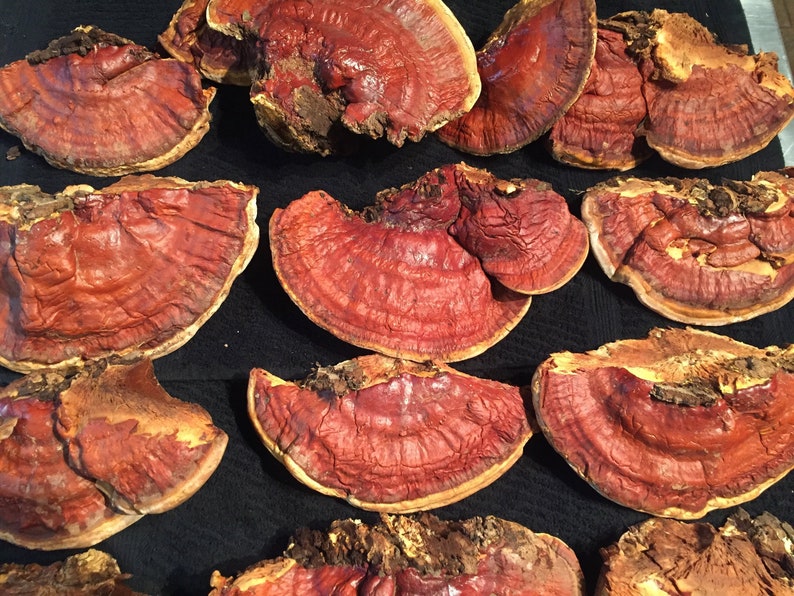
Reishi is scientifically known as ganoderma lucidum. This is a type of oriental fungus which is characterized by having a big and dark feature with a woody texture and a glossy exterior.
It has provided several health benefits- all of which contribute to the modulation and control of the immune system. Besides, it has also helped reduce stress and improve sleep. Among the list of popular medicines, reishi tops the list.
2. Lion’s mane
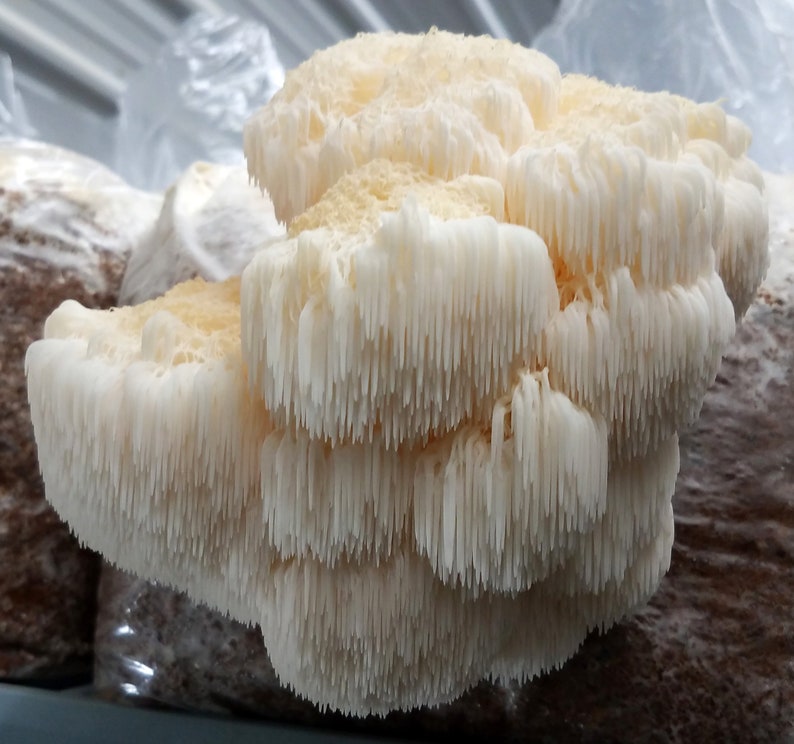
Lion’s mane is scientifically known as hericium erinaceus. This is a medicinal mushroom that is characterized by its large, white, and shaggy appearance that almost looks like a mane of the lion-- thus, the name. Aside from their medicinal benefits, they are also used as an ingredient in cooking because of their tasty flavour.
The most in-demand part of the lion’s mane is its fruiting bodies because this is where all the good stuff comes from. Its fruiting bodies are rich in polysaccharides that contain beta-glucans. And we all know what beta-glucans do in promoting our immune system. Aside from that, it also helps promote better memory, cognition, and concentration.
3. Chaga
Chaga is scientifically known as inonotus obliquus. They mainly grow on the bark of birch trees especially in places that have cold climates. They have a dark black color that commonly looks like a burnt blister or a scab. When harvested, the exterior crust has a dark and brittle appearance while the interior has a golden brown color and is usually cork-like in appearance.
They have rich antioxidant properties and are used to fight free radicals and even inflammation. This mushroom is best for skin aging conditions and is even found out to slow down the growth of cancer cells. Also, it helps fight off bad cholesterol by lowering the LDL levels in the body.
4. Shiitake mushroom
Shiitake is scientifically known as lentinula edodes. It is considered a medicinal mushroom that is cultivated in most Asian countries. Its spongy cap is shaped like an umbrella and is often characterized by its soft and brown appearance. Its smell is very fragrant which is why it is often used in most culinary cuisines.
Among the different kinds of medicinal mushrooms, this, by far, is particularly known to benefit the heart. A study in mice shows that shiitakes significantly lower LDL cholesterol which is the main cause of a heart attack. Consequently, it helps in lowering blood pressure while promoting circulation in the body. Shiitakes also contain phytonutrients which help in protecting us from various chronic diseases.
5. Turkey tail
This fungus is scientifically known as trametes versicolor. The turkey tail is a wild and edible fungus that is characterized by its appearance that can be likened to a turkey’s tail that is attractive and multi-colored- thus, its name.
While most medicinal mushrooms are already rich in antioxidants, the turkey tail takes it a step further. It contains a compound known as PSK or polysaccharide-K which is a vital element in stimulating the immune system. It also helps in preventing cancer. In fact, in Japan, PSK has been considered an approved prescription drug to help prevent and fight cancer.
6. Cordyceps

Cordyceps is scientifically known as ophiocordyceps sinensis. These parasitic fungi usually grow on caterpillars and are characterized by having a unique and blade-shaped appearance. These slender stems grow outside the body of the host once this fungus replaces the host’s tissue.
But despite their parasitic nature, cordyceps are known as energy-boosters. They help stimulate libido and energy by utilizing oxygen more efficiently while at the same time enhancing the flow of blood in the body. This mushroom is best used for athletes to enhance better performance and muscle recovery.
Immune Support Supplements
While it may be true that our main source of nutrients comes from a balanced and healthy diet, we cannot always guarantee the intake of the right and sufficient nutrients to our body. In fact, given our lifestyle and eating habits, there are tendencies that we may often lack taking important vitamins and minerals which could result in a vitamin or mineral deficiency.
Our immune system needs all the help it can get. With the help of supplements for immune health, it can augment our body’s daily intake of nutrients, minerals, or vitamins that will help in boosting immune health. Some nutrients are made available in supplement form which may help in treating deficiencies or help in reducing a medical condition. For a weakened immune system, a dietary supplement can help improve the function of our immune system.

On the other hand, not all dietary supplements for immune health are created equal. Thus, it is important to choose only the most reliable and the most trusted. Immune Support supplements provide us the right amount of nutrients to help maintain a healthy immune system. It is rich in Vitamin C, E, and Selenium that are keen on protecting our immune system. It is also rich in antioxidants while it helps keep the body’s inflammatory response at a normal level.
Bring out the “fun-guy” / "fun-gal" in you with these healthy fungi!
It is about time to eradicate the undesirable misconceptions we have about this misunderstood fungi. With the gamut of health benefits that mushrooms for immune health can provide, surely, our immune system will thank us for taking it. With a healthy immune system, we can surely have fun in our daily activities knowing that our body is fully prepared to fight unhealthy radicals and elements that may enter our body. Let’s bring out the “fun” in fungi as we continue to protect our immune system!
Stay protected everyone!
Images from:
-
https://oregonswildharvest.com/blogs/ask-dr-meletis/cordyceps-to-support-athletic-performance
-
https://unsplash.com/photos/5zp3Qg45Kq8
-
https://unsplash.com/photos/DCLvx6xP22U
-
https://unsplash.com/photos/Jbp2nEizCUw
-
https://www.etsy.com/market/lions_mane
-
https://unsplash.com/photo-1583328439472-8130d925d63c
-
https://unsplash.com/photo-1501169527804-c216a681aab8
-
https://www.etsy.com/listing/657573120/reishi-mushroom-raw

